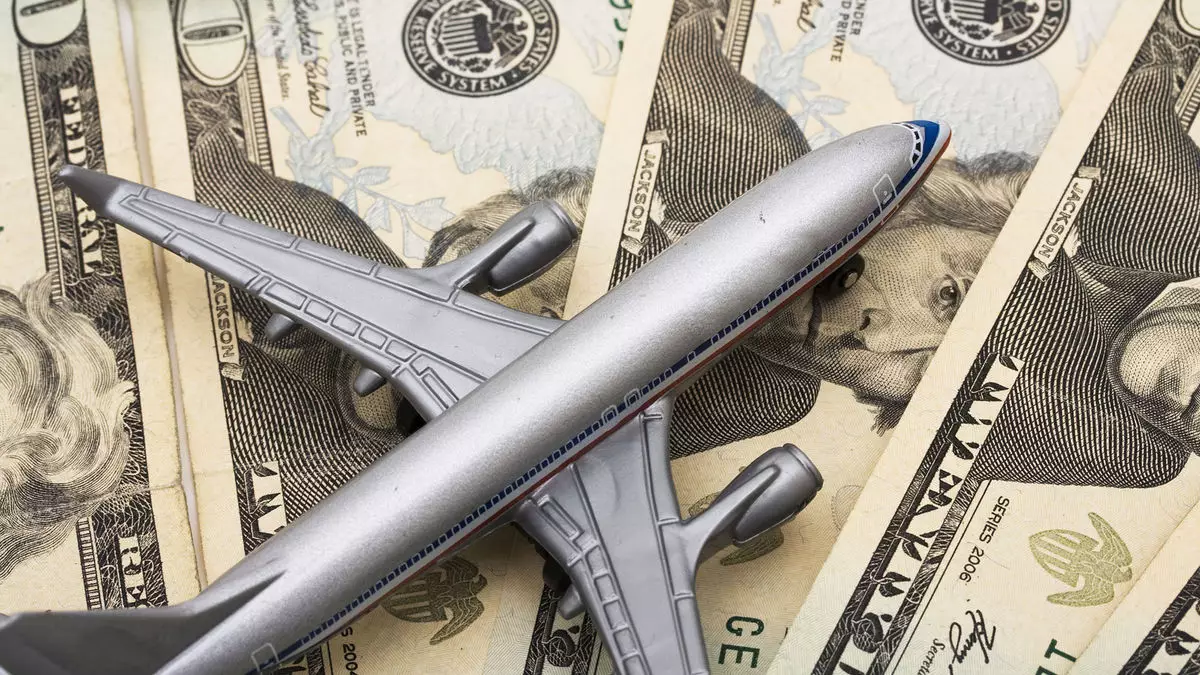The recent finalization of new regulations by the Transportation Department regarding airline passenger refunds marks a significant step forward in protecting the rights and interests of air travelers. These regulations aim to expand the circumstances under which passengers are entitled to a ticket refund, as well as impose new requirements on airlines to inform passengers of their refund entitlements. The rules, set to take effect in 60 days, have been praised by DOT Secretary Pete Buttigieg for establishing a new standard that obligates airlines to promptly provide cash refunds to passengers.
One of the key aspects of the new regulations is the introduction of criteria to determine when passengers are eligible for refunds. Previously, airlines were only required to provide refunds for canceled flights or those significantly delayed, without a clear definition of what constituted a significant delay. Under the new rules, domestic flights delayed by more than three hours and international flights delayed by more than six hours will trigger a refund requirement. Additionally, passengers whose itineraries are moved forward by three or six hours will also have the option to receive a refund if they choose not to travel.
The regulations also stipulate several other circumstances where passengers are entitled to refunds. These include changes to the arrival or departure airport, the addition of a connection point to the itinerary, downgrades to a lower seating class, and downgrades in available amenities due to an aircraft change. Moreover, baggage delayed by more than 12 hours on domestic flights and by varying durations on international flights will also trigger refund requirements.
One of the significant changes brought about by the new regulations is the requirement for airlines to proactively inform customers of their refund rights. Previously, airlines were not obligated to notify passengers of their eligibility for refunds, often resulting in passengers receiving credits instead of cash refunds. With the new rules, airlines must inform passengers of their refund rights before offering alternatives such as ticket credits or compensations.
Initially, the DOT proposed that travel agencies share responsibility for issuing refunds, even when they did not have the necessary funds. However, the final rule clarifies that the onus of providing refunds falls on a travel agency only if it is the merchant of record for the transaction, a scenario that is rare. This decision ensures that passengers are not left stranded by travel agencies unable to fulfill refund obligations.
In addition to refund regulations, the Biden administration also introduced a rule to enhance transparency on airline fees. Airlines and ticket agents must now disclose upfront the fees charged for services such as checked baggage, carry-on bags, and reservation changes or cancellations. This move aims to protect passengers from surprise fees and provide them with greater clarity on the cost of air travel.
The new airline passenger refund regulations represent a welcome development in enhancing passenger rights and protections. With clearer criteria for refund eligibility, proactive notification of refund rights, and improved transparency on fees, air travelers can expect a more consumer-friendly experience when dealing with airlines. These regulations set a new standard for the industry and are a positive step towards ensuring fair treatment for passengers.


Leave a Reply